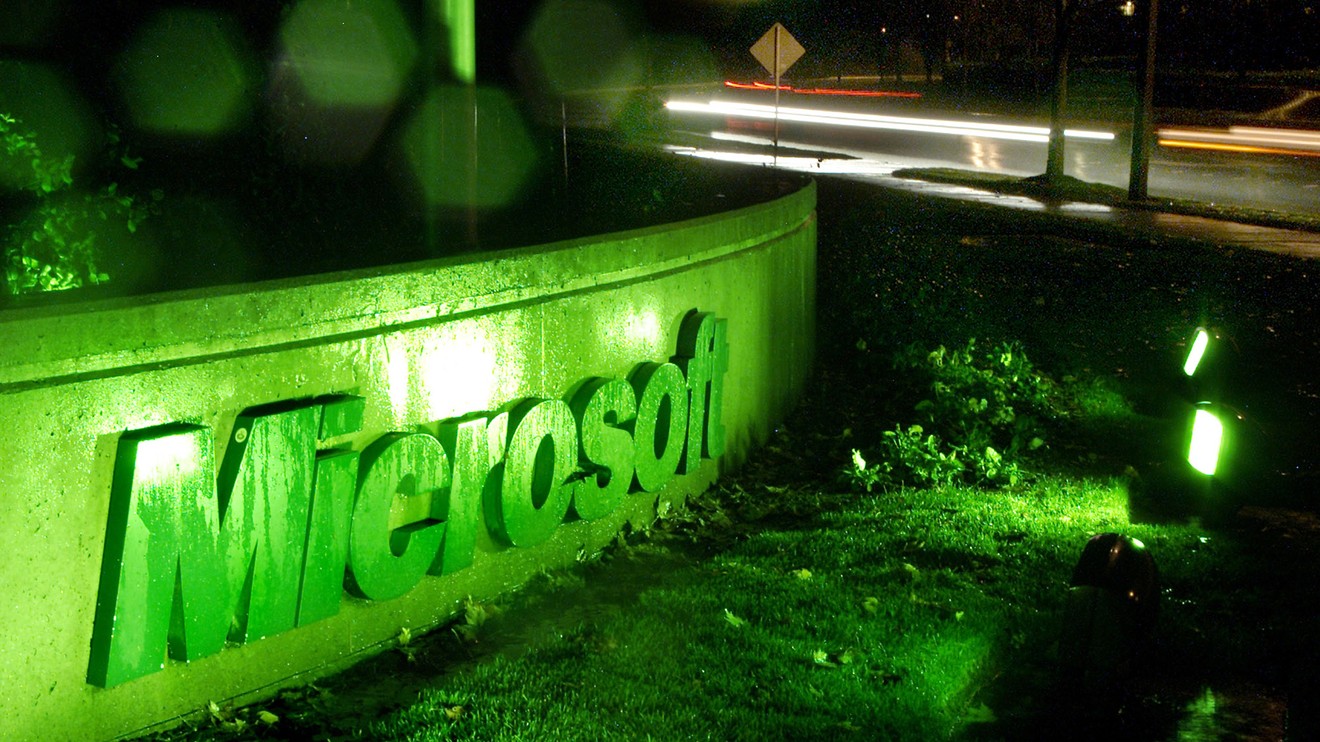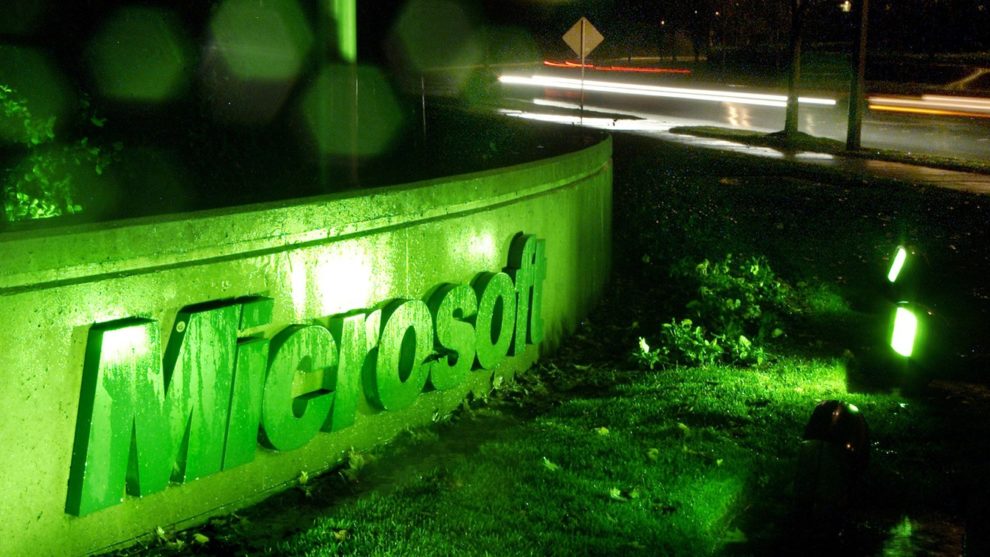
Microsoft is aiming to clean up its carbon footprint at its own home base and throughout its supply chain, believing it can go “carbon negative” by 2030, executives said Thursday.
Microsoft MSFT, +1.07% in 2017 had pledged to cut its operational carbon emissions by 75% by 2030 but is stepping up that pledge with Thursday’s rollout.
“This is the decade for urgent action for Microsoft and for all of us,” said CEO Satya Nadella, in a streaming broadcast of the announcement.
Carbon negativity is the reduction of a carbon footprint to less than neutral, with the net effect of removing carbon dioxide from the atmosphere rather than adding it.
Nadella added that Microsoft believes by 2050 it can remove all the carbon it has emitted since the company’s 1975 founding.
The decade that just ended was by far the hottest ever measured on Earth, capped off by the second-warmest year on record, two U.S. agencies reported this week. “This is real. This is happening,” Gavin Schmidt, director of NASA’s Goddard Institute for Space Studies, said at the close of a decade plagued by raging wildfires, melting ice and extreme weather that researchers have repeatedly tied to human activity.
Nadella said Microsoft will achieve its green-minded goal in part with a new $1 billion climate innovation fund and will look at the environmental impact not only at its headquarters, but at the energy used and emissions released by component-making for its Xbox and other products.
Microsoft says it is responsible for 16 million metric tons of emissions across its transportation uses, office operations and its supply chain. It has plans to convert its transportation fleet to all-electric.
As far back as 2012, the company implemented an internal carbon fee, “taxing” carbon and excess energy use throughout its operations. The company said Thursday it will expand this program after already raising the fee last year to $15 per metric ton of carbon, a collection that finances a fund that the company uses for its green initiatives.
By July 1, the company will now apply the carbon tax to businesses along its supply chain, with the fee starting at a lower price that was not disclosed Thursday and building to $15 for each metric ton of carbon emissions.
Already, Microsoft was using a green-minded tool with the multibillion-dollar redevelopment of part of its 500-acre headquarters campus near Seattle to calculate the potential carbon footprint for new campus buildings, using data throughout the design and construction process to reduce the buildings’ carbon emissions by up to 30%. Some 11% of the world’s greenhouse gas emissions come from buildings, or at least from the construction of them, says a recent Urban Land Institute report.
Still, internal pressure at Microsoft persists. Some Microsoft employees staged a walk-out and released a public letter in September to protest the company’s work with oil companies, emphasizing that they’ve been made “complicit” in contributing to climate change. That action followed news that Microsoft would partner with oil companies, including Chevron CVX, +0.42% , to “accelerate creation of innovative petrotechnical and digital technologies.”
Read: Climate crisis dominates the top risks in World Economic Forum report ahead of Davos
Employees at Amazon AMZN, +0.32% and Alphabet’s Google GOOGL, +0.28% have lodged similar protests. Amazon last year set a goal to meet the Paris Climate agreement objectives 10 years early, with a pledge to be carbon neutral by 2040, even for its Prime one-day shipping service.
Read: Jeff Bezos: Today’s climate-change deniers just ‘aren’t reasonable’
Microsoft’s shares have risen some 50% over the past year amid enthusiasm over the company’s Azure cloud-computing business and its subscription sales for software such as Office 365. Its market cap has topped $1 trillion with the stock move.











Add Comment